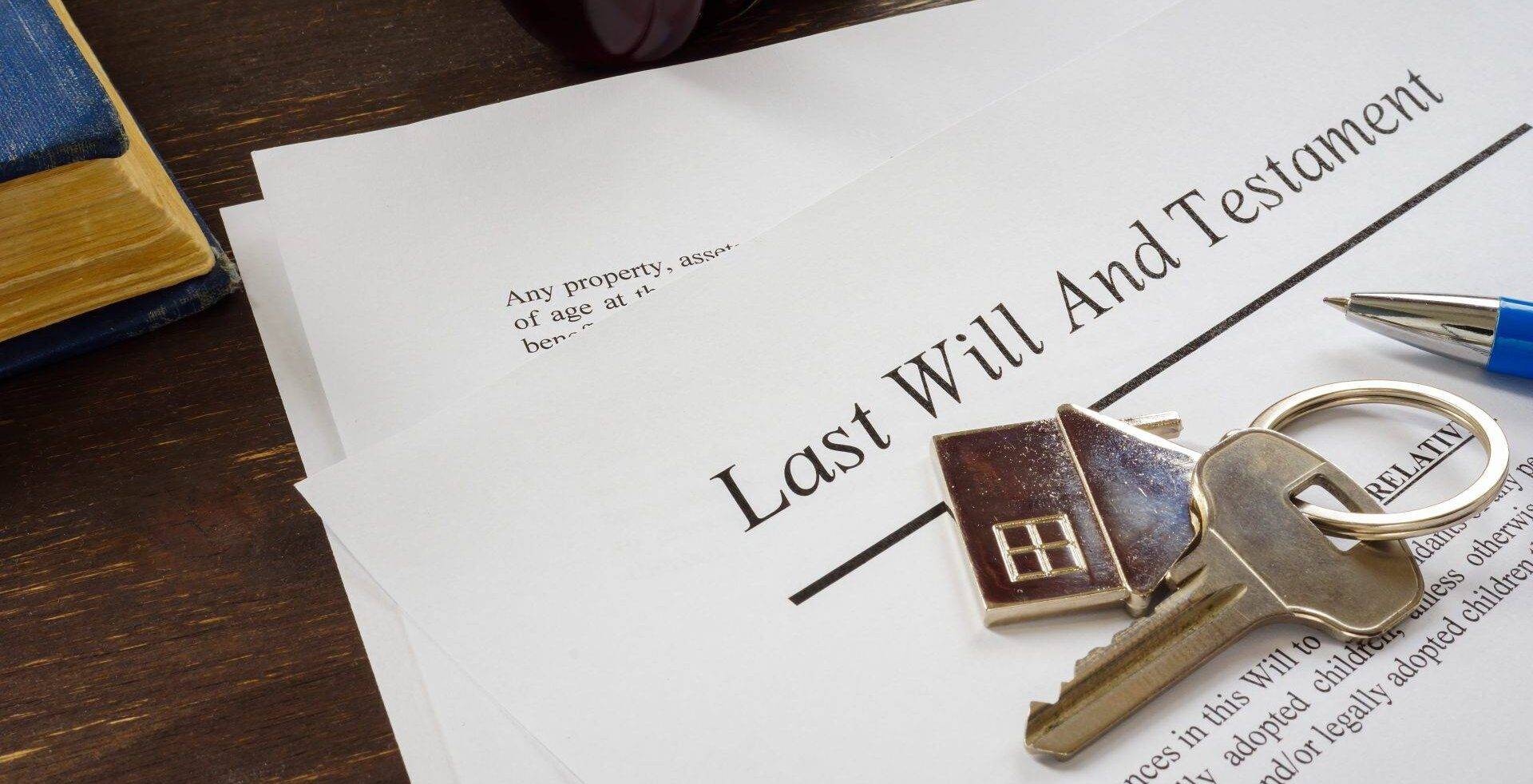In most cases, when people are writing their Wills, they will appoint a trusted friend or family member to act as their Trustee of the Trust arising from their Will.
The reasons for including a Trust in a Will are varied and can provide many benefits. One being that it gives the Testator more control over what happens to the assets in their estate than if they left them absolutely. Whilst most Wills do not contain complex Trusts, even the simplest of Trusts can prove to be a nightmare, both for the person appointed and the beneficiaries.
The role and responsibilities of a Trustee
It is imperative that a Trustee, when accepting the role, has the knowledge, skill, and willingness to handle often complex assets or difficult situations and this is not always considered when appointing the chosen person.
Many times, Trustees take on the role and responsibilities with no understanding of:
- The mandatory duties and/or discretionary powers the Will (Trust Instrument) has handed them.
- The fact that a Trust has no legal personality, and the assets of the Trust are vested in them as Trustees.
- As a Trustee, they are the only persons capable of assuming rights and obligations in relation to the assets and administration of the Trust.
- As a Trustee, the liabilities of a Trustee are assumed, and that liability exposes the Trust assets and his/her own personal assets to those liabilities.
In some cases, the appointed person does not appreciate their role and responsibilities as a Trustee or understand the legal implications of the words in the Trust Instrument and their duty to act upon them. For example:
- Trust assets are not vested and remain in the Testator’s name.
- Income to life tenants is not paid.
- Family members are allowed to obtain a benefit from Trust property such as living in the testators’ house rent-free when they are not entitled to that benefit.
Problems can arise when a Trustee is also a beneficiary and their competing interests result in tensions and disputes or worse, the conflict prevents the Trust from operating as it should.
With all these potential issues, it is not surprising that claims are brought for a breach of Trust against Trustees and/or their removal as a Trustee, the implications of which can be costly and stressful. Many breaches occur in ignorance and not from a place of dishonesty.
However, Trustees must understand that they can be held personally liable for poor decisions made in relation to the Trust, whether made directly by them or by another Trustee.
The primary remedy for a breach of Trust is that the Trustee is obligated to restore the Trust fund to the position it would have been in had the breach not occurred. The Trustee will be personally liable to account to the Trust for the loss that occurs because of their breach of Trust.
Should you be affected by such issues, and find yourself in dispute or proceedings as a Trustee or a beneficiary of a Trust, it is essential that legal advice is sought.
How can we help?
Lesley Harrison is an Associate in our expert Dispute Resolution team.
If you have any queries about the subjects discussed above, please do not hesitate to contact Lesley or another member of the team in Derby, Leicester, or Nottingham on 0800 024 1976 or via our online enquiry form.
Contact us



